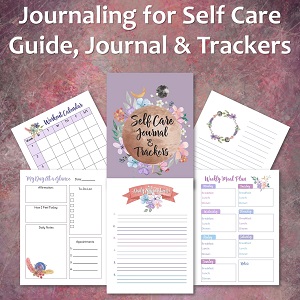Leila
 Negativity affects your life on every level. It has the power to ruin relationships, decrease work performance, and increase stress levels. The good news is that you can fight it by changing your mindset.
Negativity affects your life on every level. It has the power to ruin relationships, decrease work performance, and increase stress levels. The good news is that you can fight it by changing your mindset.
Not sure where to start? Check out these smart, effective ways to protect yourself from negativity:
1 – Don’t Take It Personally
Most people act in a certain way based on their previous experiences and current circumstances. Perhaps someone took credit for your colleague’s work in the past, so now he doesn’t trust his team anymore. That doesn’t mean he has something against you. He simply doesn’t trust people in general.
Stop taking things personally. If someone is misjudging you, prove to them that they are wrong. Be kind and authentic rather than stressing over it. Continue reading
 You might be surprised to hear that optimism is not an innate quality. Optimism and pessimism are ways of looking at yourself and the world through a positive or negative filter. Once you think of them as reflections of your mindset, it becomes much easier to believe you can change.
You might be surprised to hear that optimism is not an innate quality. Optimism and pessimism are ways of looking at yourself and the world through a positive or negative filter. Once you think of them as reflections of your mindset, it becomes much easier to believe you can change.
Like any new behavior, you need to practice every day for it to become a habit. Try these six suggestions to cultivate your optimism every day.
1 – Keep a Journal
Journaling or keeping a diary allows you to process events and to get a different perspective on them. It encourages self-reflection and captures insights into your thinking and behavior. You can write down what happened during your day and document, not just the bald facts but how you did it, what you did to make it happen and what you did right.
And, importantly, how it felt while you were doing it. Don’t just record the good things (a promotion, a presentation or meeting that went well), remember to write down the thing that didn’t go so well and reflect on what happened, how you dealt with it, and what you might do differently next time. Continue reading
 Deana moved into her mother’s home shortly after the older woman was diagnosed with dementia. Deana was grateful that she had a job that allowed her to work from home while still caring for her mom.
Deana moved into her mother’s home shortly after the older woman was diagnosed with dementia. Deana was grateful that she had a job that allowed her to work from home while still caring for her mom.
Although she was a full-time caretaker to her mom, Deana still maintained her independence…until the day she came home to discover her mother had left the stove on and started watching TV. Her mom wasn’t harmed but the thought of what could have happened haunted Deana.
Since she couldn’t afford an in-home nurse, Deana stayed with her mother constantly. She didn’t mind caring for her aging parent.
But like many caregivers, Deana discovering that even short periods of isolation can take a toll on a person. Continue reading




